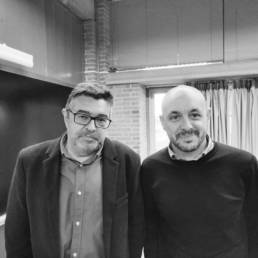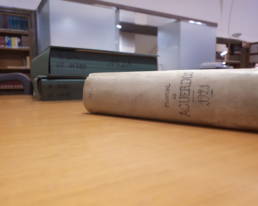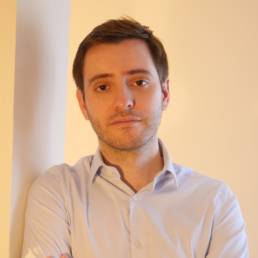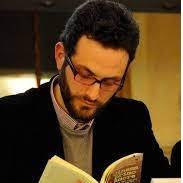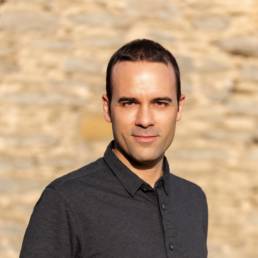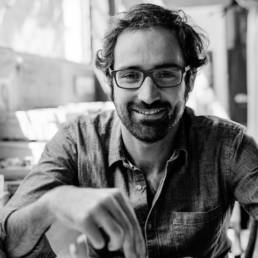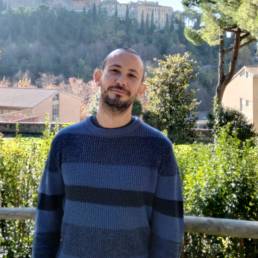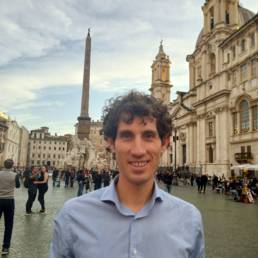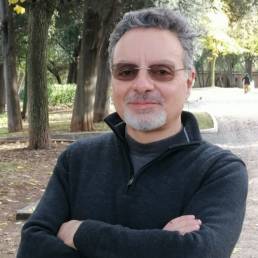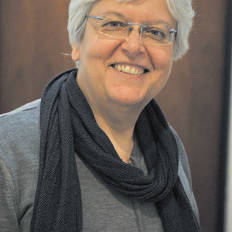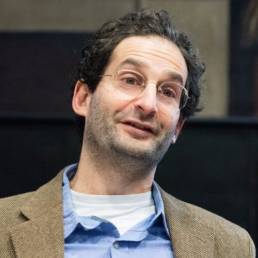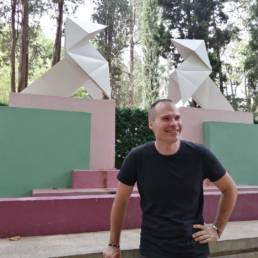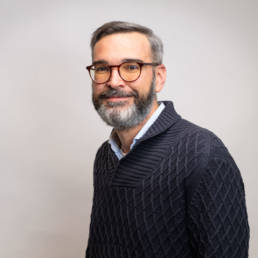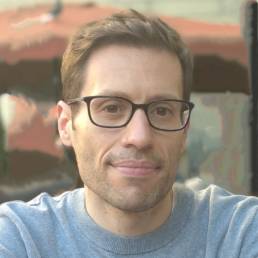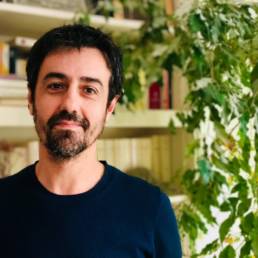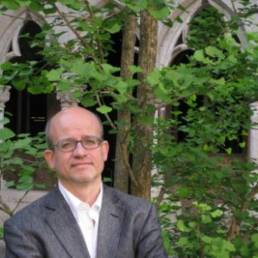Our history
Democracy was consolidated as an object of academic study after World War II. In particular, scholars began to analyse what had happened to the failed democracies in Europe in the inter-war period. With some caveats, professional historiography has remained on the margins of studies of democracy, understood as a political regime.
As Martin Conway pointed out, democracy appears in most works as the default political regime in Western Europe: the political regime to which contemporary states return when the specific conditions that generate anti-democratic alternatives disappear. This is an ahistorical conception that this coordinated project seeks to contest by analysing the evolution of the construction of democracy throughout the twentieth century by presenting it as the centre of political discourse.
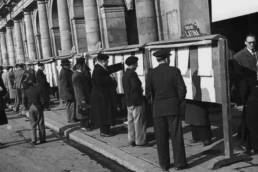
The allies, 09/11/1918
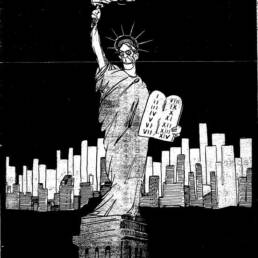
After the Great War, the liberal system inherited from the 19th century was put into question in the unstable and conflict-ridden process of establishing new republican states and new democratisation processes that were threatened by authoritarian and illiberal movements and regimes. Within this framework, the general objective of the first sub-project chronologically
“Democracy and its enemies (1918-1931): Spain, the first post-war period, the dictatorship of Primo de Rivera and its links with Italy, Portugal and Argentina”
is to study the conceptions of democracy and the debates surrounding it that took place in Spain during the period between the end of the First World War and the beginning of the Second Republic. It aims to take a comparative and transnational approach. For this reason, other national cases (Italy, Portugal and Argentina) will also be analysed with a twofold objective: to carry out a comparative exercise between the political and intellectual developments that took place in these countries and, above all, to investigate the transnational spaces that were articulated in the interwar period in political, institutional and ideological terms.
This subproject will be articulated through two lines of work. The first will examine the debates on democracy and democratisation in the post-war period (1918-1923): it will study the development of a process of fascination and rejection of Wilson’s figure and his policies in Spain, Italy, Portugal and Argentina, and the process of disillusionment that took place in the early 1920s. The second will study the dictatorship of Primo de Rivera and the new authoritarian regimes and their evolution from criticism of democracy to organic democracy (1923-1931).
“Franco’s Spain, the legacy of fascism and the debate on the content of democracy in Italy, Belgium and France (1945-1968)”
The second project, chronologically speaking, starts from a situation diametrically opposed to the previous one, since it is the moment of the collapse of fascism and the triumph of a new model of democracy that shapes the European political architecture in the following decades up to the present day. The aim is to confront this triumph of democracy with the legacies of European fascism through the perspective of Franco’s Spain and the relationship maintained with other former fascist countries, now democratic regimes. The hypothesis is that dictatorships and authoritarian pasts did not completely disappear in Western Europe after 1945.
Spain’s diplomatic isolation did not prevent it from establishing relations with other countries, movements and parties, and also with personalities linked to the pre-1945 period, or connected with the conservative and Christian democratic world in Italy, France, Belgium and Germany.
Lead Researchers
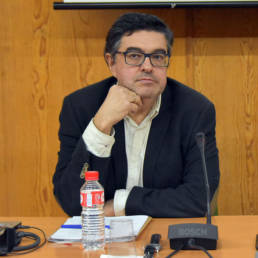
Miguel Ángel Ruiz Carnicer
Professor of Contemporary History at the University of Zaragoza, he was a Research Scholar at the London School of Economics and Political Sciences in London in 1994.
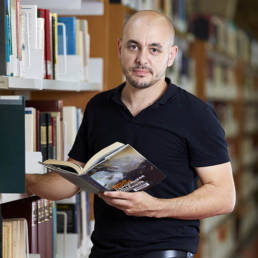
Maximiliano Fuentes Codera
PhD in Contemporary History and lecturer at the University of Girona, where he directs the Walter Benjamin, Memòria i Exili Chair.



